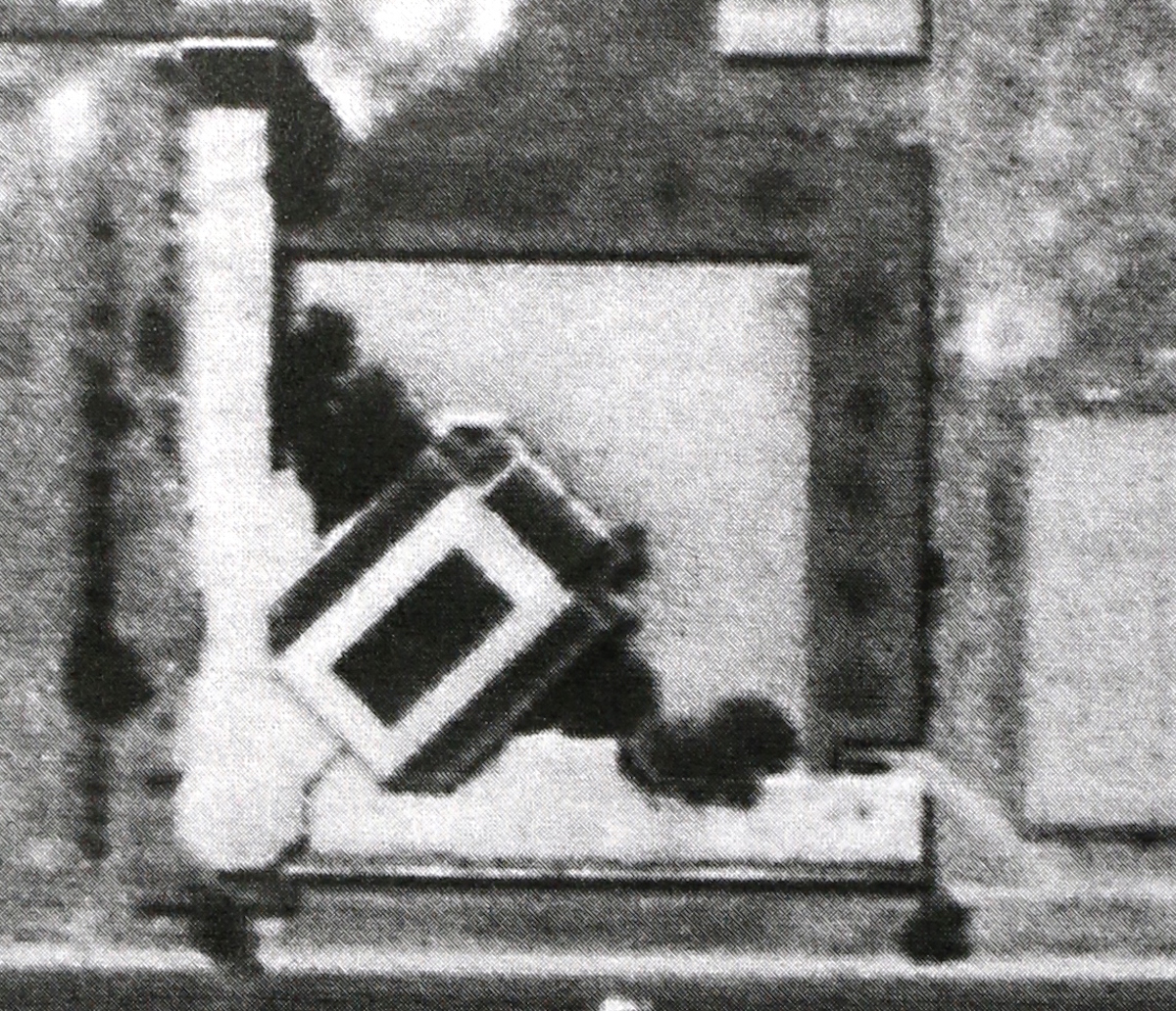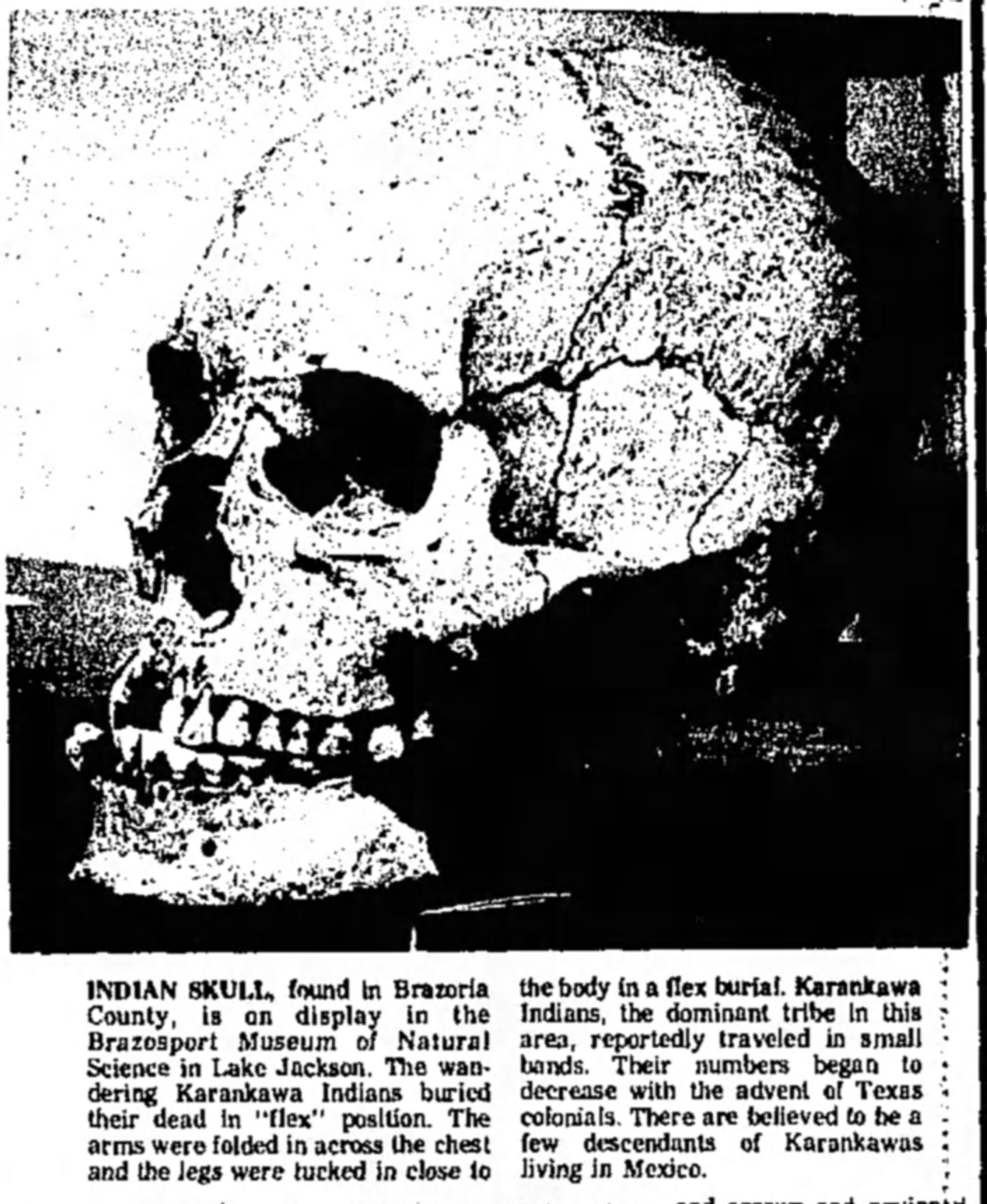[spacer height=”20px”]

[spacer height=”20px”]
In a few days, all the craziness will be over with the elections. Until then, the smart voter still has work to do. When I taught 7th graders, we used political ads to see the kinds of sneaky tactics used to drag in votes. I won’t teach the entire lesson here, but I will pose a few questions for you to consider before you cast your vote, questions my students were asked to use to evaluate the trustworthiness and capabilities of a candidate.
- Does the candidate have the knowledge and skills to do the job, or does he/she just have a long list of unrelated accomplishments? For example, what does belonging to a civic club or building a playground really have to do with running a school or a city?
- What is the candidate’s motive for running for office? Does he/she see problems and want to help find a way to fix them, or is it all about the person simply getting his/her name on a law, a building, or a project?
- Is the candidate a logical thinker who has the ability to solve problems? Often simply by listening to a candidate respond to a question posed spur of the moment or reading a letter to the editor they’ve submitted to a local newspaper, it becomes apparent if the person is smart enough to read, listen, and research a problem at hand.
- Does the candidate’s letter or speech simply spew glittering generalities to make him/her look good? When this happens, the voter needs to look very closely and do a little digging. Often these kinds of candidates like to take credit for every project even if other people really did most or all of the work. That’s not only a sign of laziness, it is a sign of a liar.
- Does the candidate have a history of positive life experiences that reveal good character? With the national races we’ve seen in last few years, it sometimes seems that good character is not even a pre-requisite for running. At the local level, the voter may actually know how a person has behaved in his/her public and private life. Leopards rarely change their spots. If the person is mean, underhanded, deceitful, or self-centered before the election, that probably won’t change after he/she is elected.
- Does the candidate care more about getting credit and making a name for himself/herself, or is the candidate genuinely concerned about whom he/she serves? If it appears the candidate has taken a huge dose of Vitamin I (“I did this” and “I did that” and “Look what I did”), then what that person wants will usually be much more important than what the people need.
My students were able to spot a sneak or a snake a mile away. They also agreed that a person who is of good character, is smart, can solve problems, works hard, cares not about who gets credit for a project, seeks to do no harm, and considers the effects of his/her decisions before voting is the best person for the job. Those kids are voters now, and I hope they remember what they learned so long ago as they vote in this election.
NOTE: The Paper Trail News has invited all candidates to submit letters. Hopefully, the readers will look carefully at what the candidates say – and don’t say. Are they all about themselves and their own needs or about our needs? Vote carefully, my friends.

